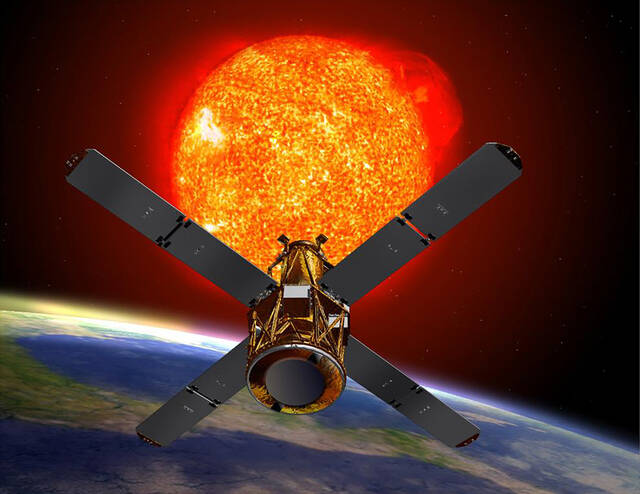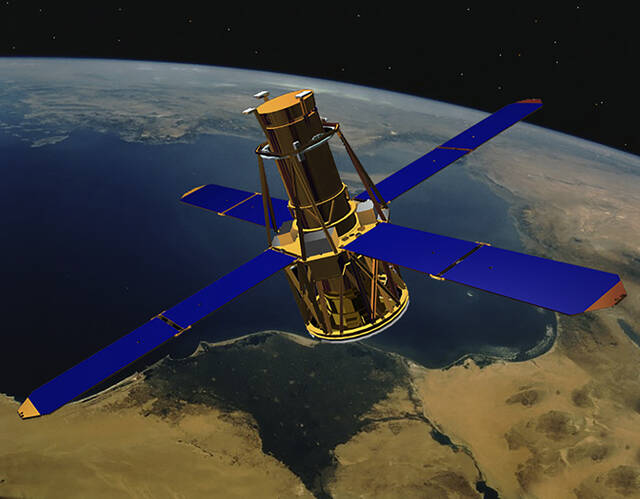Old NASA satellite falling to Earth, risk of danger 'low'
An old NASA satellite is expected to fall to Earth this week, but experts tracking the spacecraft say chances are low it will pose any danger.
The defunct science satellite known as Rhessi will plummet through the atmosphere Wednesday night, according to NASA and the Defense Department.
NASA said Tuesday that the reentry location is not being disclosed, given lingering uncertainty over when and where it might go down. Most of the 660-pound (300-kilogram) satellite should burn up upon return, but some parts are expected to survive.
The space agency said in a statement the risk of anyone on Earth being harmed by plunging satellite pieces is “low” — about 1-in-2,467.
Rhessi — short for the Reuven Ramaty High Energy Solar Spectroscopic Imager — rocketed into orbit in 2002 to study the sun.
Before being shut down in 2018 because of communication problems, the satellite observed solar flares as well as coronal mass ejections from the sun. It captured images in high-energy X-rays and gamma rays, recording more than 100,000 solar events.
Remove the ads from your TribLIVE reading experience but still support the journalists who create the content with TribLIVE Ad-Free.


